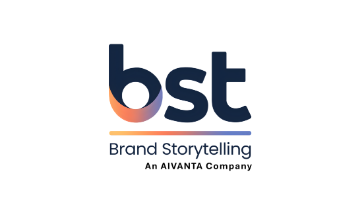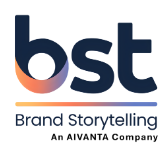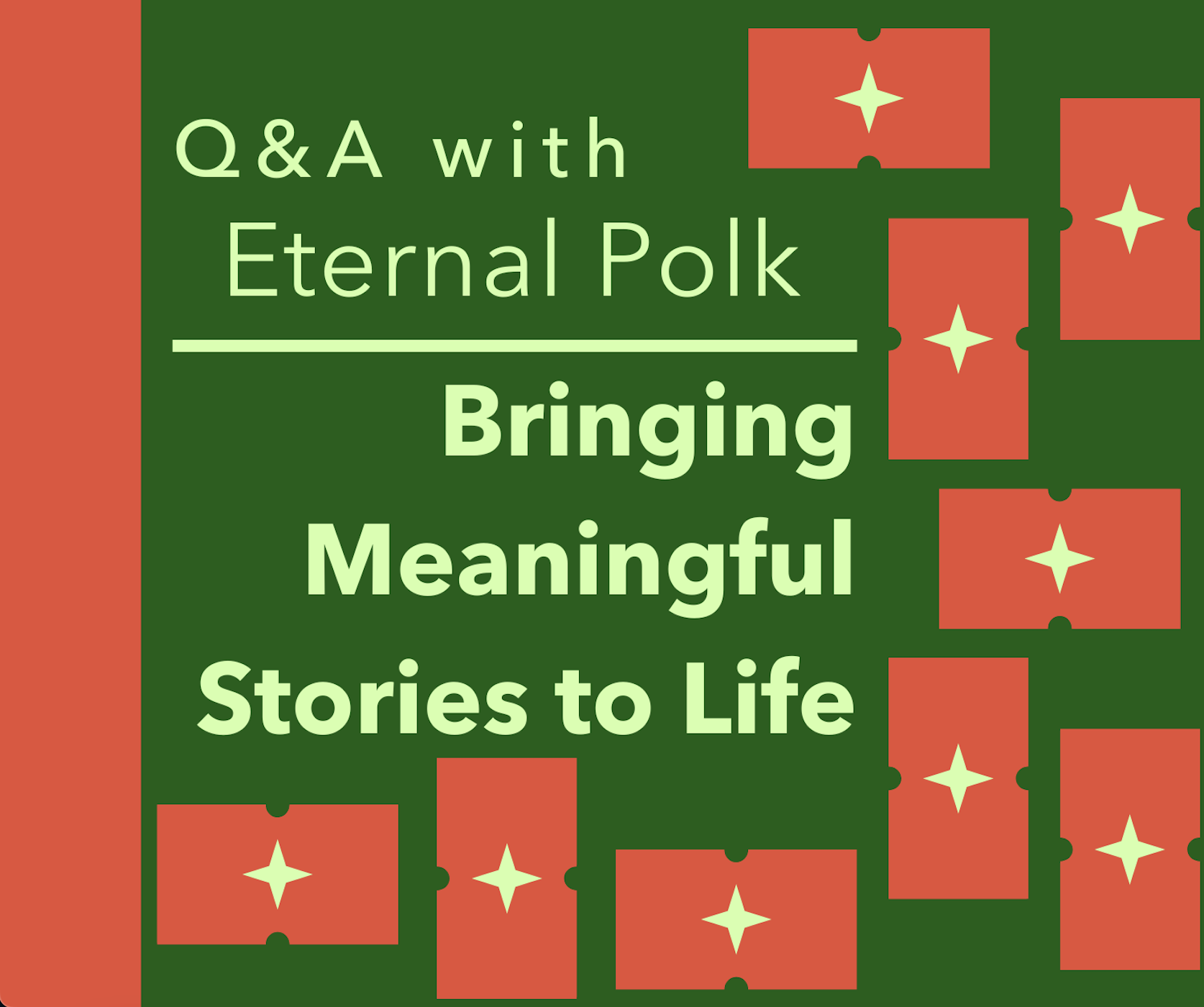by Jordan P. Kelley, Content Director, BrandStorytelling

Want weekly exclusive brand storytelling content like this direct to your inbox? Subscribe to the Brand Storytelling Newsletter.
In just a few decades after the end of enslavement, Black Americans were able to amass millions of acres of farmland. Today approximately 90% of that land is no longer in Black hands. Various factors have been employed to take Black land including violence, eminent domain and government discrimination. But it is a little-known issue – Heirs’ Property – which has had a devastating effect on Black land ownership.
Gaining Ground: The Fight for Black Land is a timely and stirring documentary from Emmy-nominated Producer/Director Eternal Polk, John Deere, and Al Roker Entertainment that examines the causes, effects, and what is being done to fight the exploitation of these issues and how landowners are reclaiming their agricultural legacy and creating paths to generational wealth. BrandStorytelling caught up with director Eternal Polk to learn more about his foundational experiences as a storyteller, what positioned him to best tell this story, and his beliefs around the power of brands investing in telling powerful stories:
Where did you get your start in storytelling?
My storytelling journey began with stage acting at Purdue University, continued through a submission to NYU’s Tisch School of the Arts, and evolved further as I honed my skills at NFL Films. Each step in this diverse path shaped my distinctive storytelling perspective.
How much experience did you have working with brands prior to working on Gaining Ground?
Prior to working on Gaining Ground, I gained significant experience working with brands, creating branded content for tent pole shows within the Viacom/Paramount family, including BET, MTV, and CBS. From 2019 to 2021, I collaborated with brands like Burger King, Vaseline, Nissan, Home Depot, which unexpectedly became a valuable training ground for my work on the Gaining Ground project.
For the uninitiated, what is heirs property? What did you know about heirs property and the state of black farmers and farmland ownership before embarking on this project?
Heirs Property refers to land owned by a group of heirs without clear title, posing challenges in realizing its monetary value and making it vulnerable to loss. I wasn’t aware of heirs property before this project, but I had knowledge of challenges faced by Black farmers, including issues with loans and discriminatory USDA practices from the 90s and early 2000s. Additionally, I was aware of historical tactics like lynching and intimidation to force Black communities off the land, contributing to the Great Migration “up north.”
What did the process of working in collaboration with both a production company and a brand look like at the outset?
The collaboration process with both Al Roker Entertainment and John Deere began with a foundation of trust from Al Roker Entertainment, familiar with my work and granting creative freedom. Upon meeting the John Deere team, there was instant alignment. Although they were initially cautious about their presence, due to their LEAP initiative, which focuses on the people they’re helping and not about John Deere. However, they were convinced to participate ensuring the focus remained on the people they aimed to help. I had creative control from the start to tell the story I pitched during our initial introduction.
What about that experience was different from projects you’d worked on in the past?
The notable difference in this project was the remarkable level of trust and creative control granted. What set it apart even more was John Deere’s insistence that the project does not turn into a lengthy commercial or revolve around them. They placed no requirements for frequent brand visibility; in fact, I was advised to minimize showcasing John Deere branding and equipment. This departure from the typical approach of emphasizing the brand allowed for a more authentic focus on the people and subject matter, avoiding the pitfalls of feeling like a sales pitch or infomercial. It was refreshing to work with a brand that prioritized authenticity.
The documentary works to empower those trying to navigate to regain their land. Was that a personal goal, a brand goal, or both? How much support or input on that aspect of the documentary came from your collaborators?
The goal to empower those navigating the journey to regain their land was both a personal and brand goal. From the first call, it was evident that John Deere and I were aligned in telling this story with a shared vision. I personally aimed for the documentary to serve as a roadmap, particularly for those dealing with land ownership challenges. The collaboration involved highlighting people and organizations working towards clear land title, providing insights into the journey’s challenges, and offering potential remedies. The support and input from collaborators were instrumental in bringing this aspect of the documentary to fruition.
What do you hope audiences will take away from the film?
I hope audiences take away a legal understanding of Heirs property and its impact on land ownership, recognizing legislative efforts like Thomas Mitchell’s. On an agricultural level, I want them to appreciate the importance of the industry and see it as a viable way for everyone, especially Black folks, to earn a living.
Finally, from a cinematic/directorial point of view I hope the audience sees and hears the conversation I am having with them, the conversations about unity, coming together, happiness, joy, the beauty of the land and the majesty of Black folks especially in these spaces, on the land and the dedication and purpose derived from preserving the legacy of Black farmers and land stewardship.
What impact has this project had on you?
Primarily, it has been an educational journey. Starting with little knowledge about Heirs property, I now possess a deep understanding of its intricate dynamics. This newfound awareness has significantly altered my perspective on land, presenting fresh opportunities for Black folks. The project has intensified my passion for being immersed in open spaces, surrounded by nature – amidst trees, tall grass, and the rural setting. My perception of the country, agriculture, and Black Land stewardship has evolved, revealing promising paths for employment, community development, and spaces conducive to healing.
What would you like other brands in the business of brand-funded content and impact entertainment to glean from the successes of this film?
I hope other brands in the realm of brand-funded content and impact entertainment learn that they can support meaningful initiatives without centering themselves for recognition. The measure of success shouldn’t solely be financial or public image related. Brands have the potential to make significant societal changes, contributing to a more equitable world. Instead of asking if the investment was recouped or if public perception improved, they should focus on the tangible impact—how many families were helped, how many legacies were altered positively. If a film can shift a family’s trajectory for generations, the investment is worthwhile. The key measure should be a genuine commitment to doing good and making a positive difference in society.
What’s next for the film?
We’ve gotten a ton of requests for private screenings and we’re currently seeking distribution. We have one more festival which I can’t divulge at this moment but will be able to soon.
What’s next for you as a director?
I’m currently engaged in writing and developing ideas, actively seeking the next project, be it narrative or documentary. While in discussions about potential projects, I’m open to collaboration and excited to see where the success and attention from Gaining Ground might lead me next.
About Eternal Polk

Eternal Polk is a two-time Emmy nominated director, writer, and segment producer with over 20 years of working on short and long-form projects including documentaries, music videos, branded content, & commercials. Intimate, nuanced, and intentional while placing subjects on a pedestal to display their humanity is how Eternal describes his work.
Currently Eternal serves as a Creative Director /Writer/Director participating in ideation, scriptwriting, directing client commercial shoots, and story development.
His work has been featured on:HBO, FOX, ESPN, ABC, BET, VH1, MTV, NFL Network, TBS
Eternal is repped by:The Funnel Creative & LAIR.TV



Leave a Comment